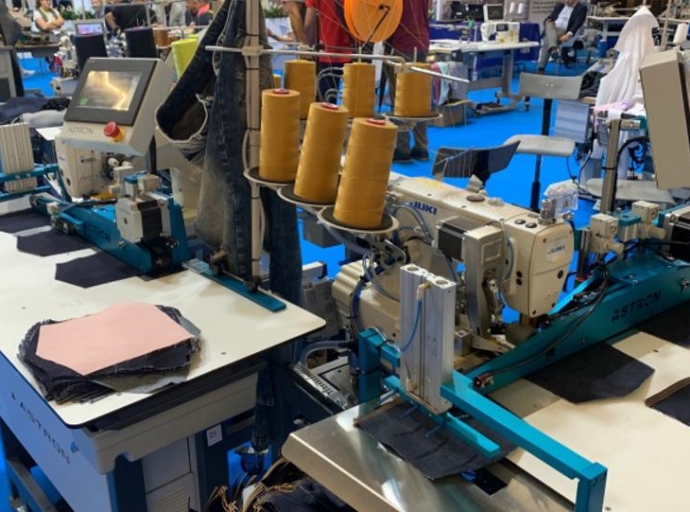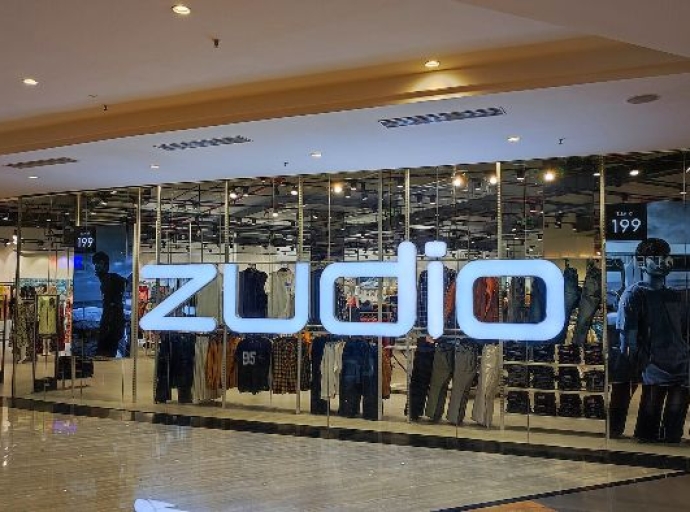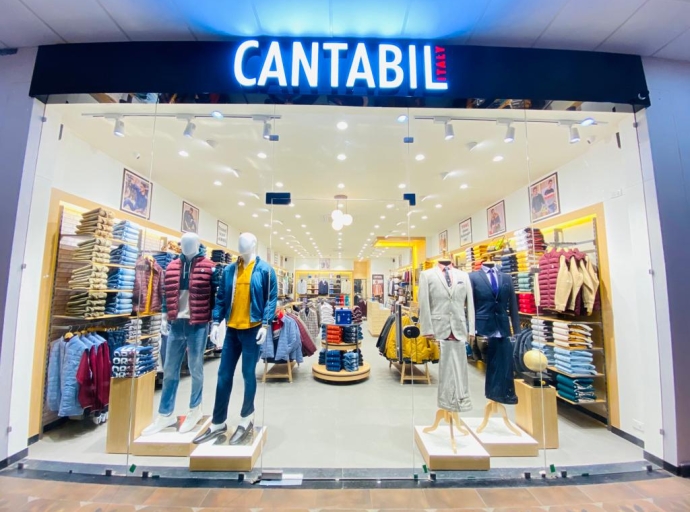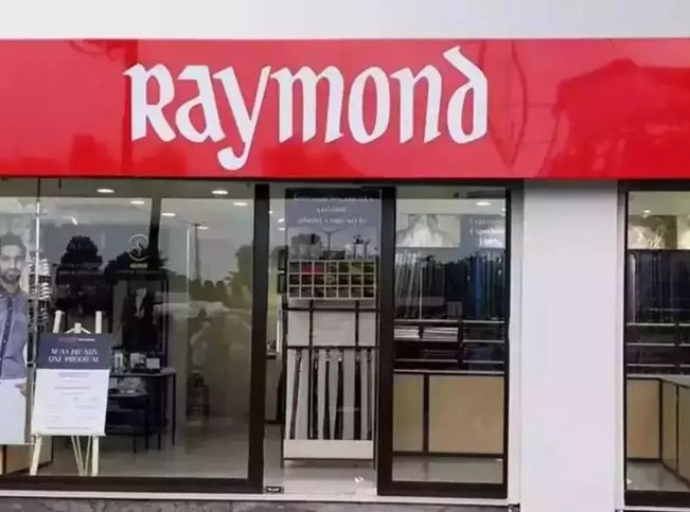10 March 2023, Mumbai
Indian designer Sanjukta Dutta's latest collection "CHIKI-MIKI" made a mark at the Paris Fashion Week 2023, held at Le Salon des Miroirs on March 3rd.
The collection, comprising of Mulberry Silk designer ensembles, celebrates the beauty and sensuality of women on their special occasions. Sanjukta Dutta's meticulous attention to detail is reflected in her handmade wonders, each taking a minimum of 25 days to finish. The collection features a range of mid-tones, dark ombres, and pastels, all woven from rare and high-quality Mulberry Silk found only in Assam. Her designs, infused with traditional Indian handloom techniques, ensure that contemporary ethnic ensembles are available for women from all walks of life.
Sanjukta Dutta has already made her mark in the fashion industry with her participation in the top-known fashion shows globally. She was the first Assamese woman designer to showcase her collection at the Lakme Fashion Week and debuted at the New York Fashion Week last year.
Her latest collection "CHIKI-MIKI" celebrates the vibrant colors and festive accents of spring, perfectly blending the taste of contemporary wardrobe sensibilities with the indigenous cultures of Assam.





































